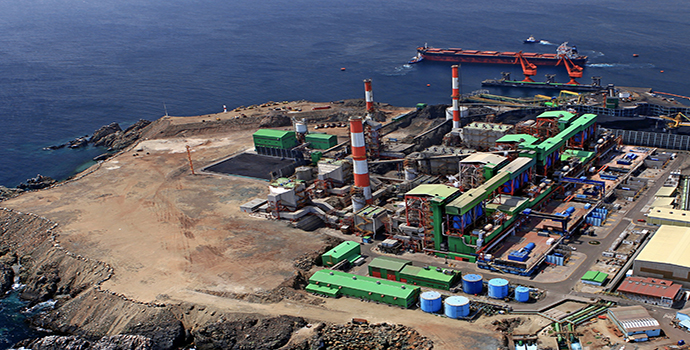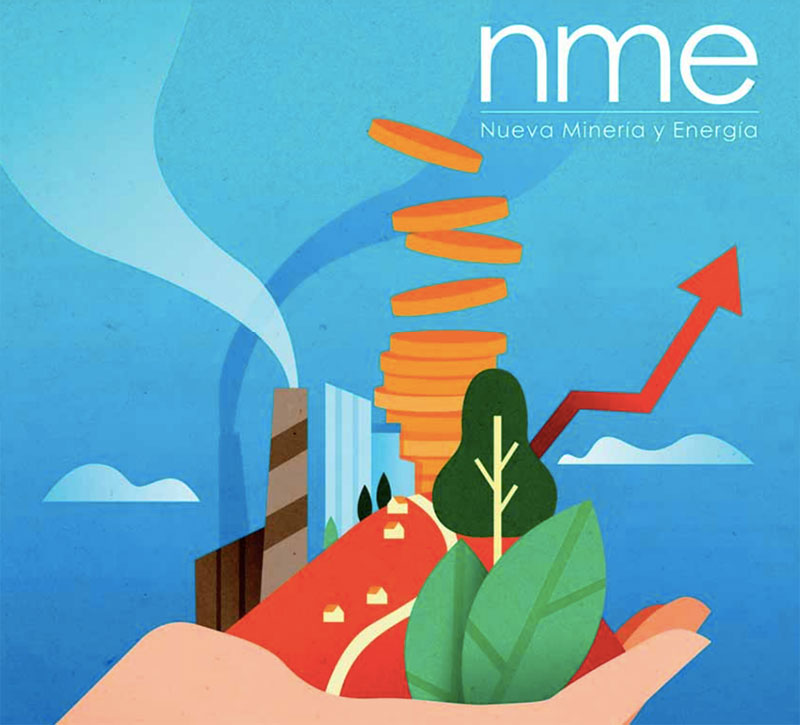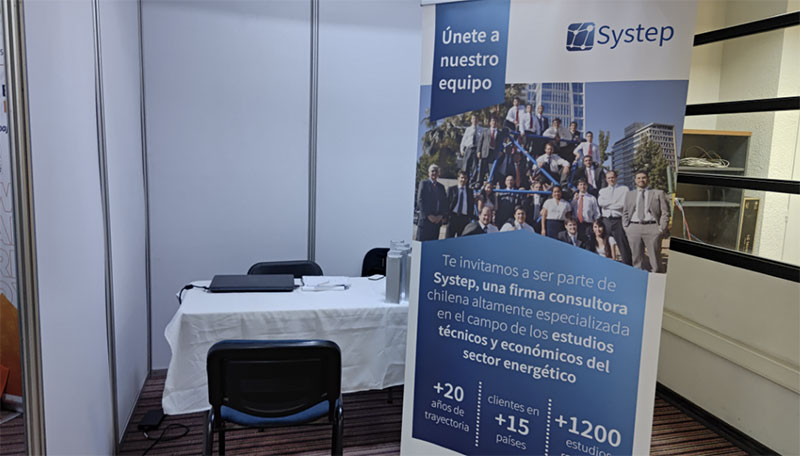
The resolution instance considers that there are “reasonable doubts” in the values of the parameters of the units of the AES Gener power plant, so it ordered the CDEC to carry out a new investigation within three working days.
Expert Panel agrees with NCRE companies and requests new audit of Guacolda power plant
A new audit of AES Gener’s Guacolda power plant is to be carried out by the Central Interconnected System’s Economic Load Dispatch Center (CDECSIC) to verify whether the parameters with which the plant currently operates at its minimum capacity do not affect the dispatch of third parties.
The coordinator, together with the renewable energy companies operating north of the SIC – among them ENEL’s green arm, Enel Green Power, plus other relevant players in the sector such as Acciona and First Solar – have been engaged in a discussion since mid-2015 over the so-called technical minimums of the plant, which resulted in a disagreement before the Panel of Experts, the result of which was announced this week.
Specifically, the panel’s opinion points out that the coordinator has not demonstrated that it is not technically possible to reduce the technical minimum of AES Gener’s plant; giving the renewable energy companies the reason and ordering the CDEC to carry out a new audit of the plant within three working days.
“In the opinion of this Panel, there are sufficient antecedents so that, from a technical perspective, reasonable doubts arise regarding the values of the parameters of the Guacolda Power Plant units currently used by the operations management for the operation of the system. The aforementioned, bearing in mind that the security and stability of the system must be maintained, but always in the context of operating at minimum cost”, is explained in the opinion.
And it adds: “The technical reasons indicated are, in the opinion of this panel, sufficient in themselves to consider it necessary to carry out a new audit”.
In sum, the decision making body considers that a technical audit, carried out in accordance with specific objectives and procedures, is necessary to determine reliable and duly supported values for this parameter.
It should be remembered that the technical minimum is the minimum gross active power that a unit can generate, connected to the electrical grid, in its automatic control mode. This is used to provide security to the system in case of possible outages. The discrepancy arose because NCRE producers estimate that Guacolda operates at a very high level, which prevents them from injecting energy into the system at maximum capacity.
Triumph
This is a triumph for renewable energies, as they questioned the parameters of the thermoelectric power plant, arguing that even the manufacturers’ technical reports proved them right.
But what is the importance for NCRE that Guacolda operates at a higher power than it should? These companies are losing money -and pouring up to 40% of their plants’ production- as a result of transmission restrictions, so they consider it “unfair” that they stop operating due to parameters incorrectly defined by the coordinator.
In addition, according to a report commissioned by Enel Green Power to the consulting firm Systep between September 2015 and March 2016, the economic impact for the system as a whole of operating Guacolda at 60 MW -the technical minimum set- versus a smaller operation was US$1.5 million.
This analysis corresponds to the comparison of the actual operation versus a simulated scenario with Guacolda’s units dispatched with a technical minimum of 30 MW.e 30 MW.



